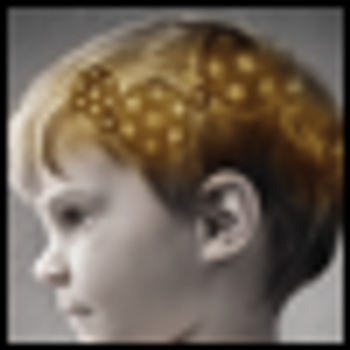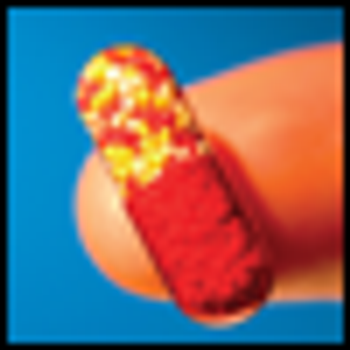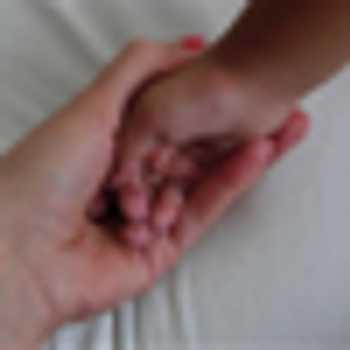
The role of prevention of trauma and prevention of functional impairment after trauma is paramount, because this may disrupt the accumulated physiological and psychological effect of stressors in the individual.


The role of prevention of trauma and prevention of functional impairment after trauma is paramount, because this may disrupt the accumulated physiological and psychological effect of stressors in the individual.

Child and adolescent psychiatry is in a position to inform the entire practice of general psychiatry in numerous other areas, including mood disorders, ADHD, and psychosis, as well as the topics...

This book is “essential” reading for psychiatrists to familiarize themselves with this work because the author demonstrates that the application of our principal treatments offers the best hope for the education of our nation’s children.

"You turn on the television, and violence is there. You go to a movie, and violence is there."

Two recent publications provide clinically relevant information about the risk to benefit ratio of antidepressants for the treatment of MDD in youths, adults, and the elderly.

Which CPT billing codes should you use when working with adolescents if there's a need for a clinician to meet with parents separately? Here to discuss is Dr Saundra Jain.

Research suggests there are varying versions of ADHD, and like multiple subtypes of cancer, ADHD encompasses an entire family of disorders.

Autism: The DSM-5 Neurodevelopmental Disorders Work Group questions the validity of a study by James McPartland and colleagues.

This discussion focuses on approaches to improve medication adherence, particularly in reference to helping adolescents remain on recommended psychopharmacological regimens when transitioning from acute to long-term maintenance.

This list serves as a guide when treating persons of diverse cultures and backgrounds.

HIPAA and privacy: To what extent should parents involve themselves in the mental health treatment of an adolescent?

Although the child welfare system, private adoption agencies, families, schools, health care providers, and churches all provide opportunities for safely relinquishing children, tragedies continue to occur.

I am a civilian psychiatrist who recently finished 20 months of work as a contractor for the US Army. Going into the job, I expected the degree of combat-related stress I saw in our troops. I was not prepared, however, for the scope of the impact our 2 long wars have had on military children.

Sexual identity development is a complex, multidimensional, and often fluid process. One must consider cognitive, social, emotional, cultural, and familial complexities among other aspects of the individual’s experience to contextualize a narrative concerning sexual identity development.

Understanding pediatric psychopharmacology in the context of medical illness.

More than 50 years ago, Charles M. Schulz, creator of “Peanuts,” coined the term “Happiness is a warm puppy.” Schulz may have been more visionary than he recognized.

Custody disputes often produce anxiety for all involved. Whether you are a treating child psychiatrist or custody evaluator, it is imperative to have a clear idea of your role.

Substance use disorders are associated with significant morbidity and mortality that affects individuals and their families. Preventing the onset of an SUD in adolescence remains a critical area of clinical and public health significance.

The diagnosis of T1DM can be devastating to both the child and family. Because of the potential for immediate life-threatening complications of poorly controlled diabetes, family members must readjust their approach to daily living.

Depression, anxiety, and delirium are 3 examples of common but frequently challenging areas of distress in pediatric palliative care patients.

The articles in this Special Report reinforce the lesson that children come with parents. This is one of first lessons that I teach my residents: you can’t work with a kid in a vacuum. Parents who do not feel some connection with a caregiver will not bring their child to treatment or follow the recommendations of the treatment team.

In a childhood obesity article, the JAMA authors suggest "involvement of state protective services . . . including placement into foster care in carefully selected situations" as an alternative to treatment at newly established pediatric surgical weight loss programs. Do you agree?

Doubt and confusion as to where ADHD fits into the general spectrum of illness further feeds the general perception that ADHD is a socially constructed disorder rather than a valid neurobiological disorder

The DSM-5 Scientific Review Group was the last hope for an eleventh hour DSM-5 save. This hope recently died.

Many adolescents have taken to the Internet to discuss their struggles with psychiatric disorders not ordinarily diagnosed in persons under 18 years old (eg, bipolar disorder).